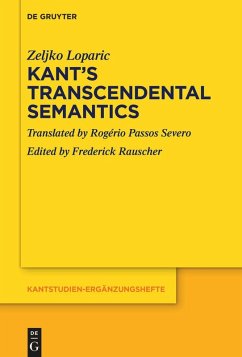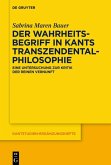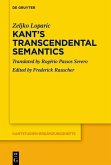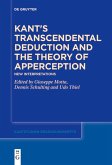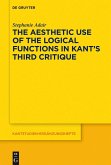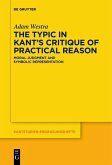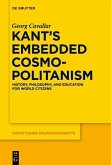Kant's Transcendental Semantics is a translation of the most influential monograph on Kant published in Brazil, one that launched the 'Semantic School' in a country with a thriving tradition of Kant scholarship. Zeljko Loparic differs from most interpreters of the
Critique of Pure Reason in claiming that Kant's main aim is neither metaphysical nor epistemological nor methodological but semantic in asking for the conditions for meaning and reference of terms in order to justify the possibility of meaningful discourse of different types. Loparic asks how our claims can have any meaning at all, how they relate to actual and possible objects, how our terms can ground scientific problem-solving, and what the truth-conditions are for various kinds of statements that differ according to the grounds of their meaning and the targets of their reference. Loparic argues for distinct uses for concepts of perception, concepts of experience, mathematical concepts, pure concepts of the understanding (the categories), and the heuristic ideas of reason. Because Kant's main worry in the
Critique of Pure Reason is with the possibility of synthetic a priori judgments, Loparic labels Kant's defense of those judgments a transcendental semantics.
Dieser Download kann aus rechtlichen Gründen nur mit Rechnungsadresse in A, B, BG, CY, CZ, D, DK, EW, E, FIN, F, GR, HR, H, IRL, I, LT, L, LR, M, NL, PL, P, R, S, SLO, SK ausgeliefert werden.

